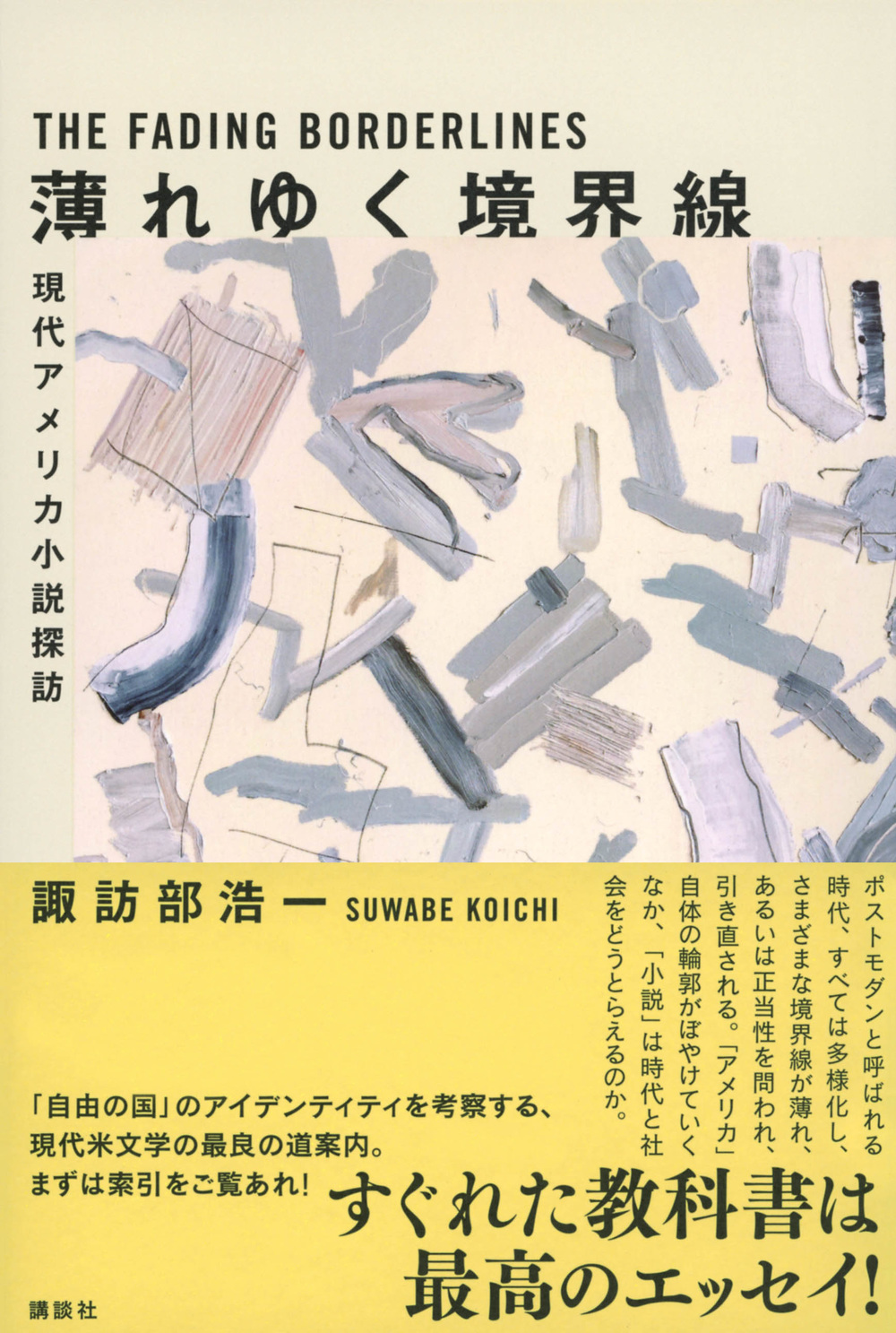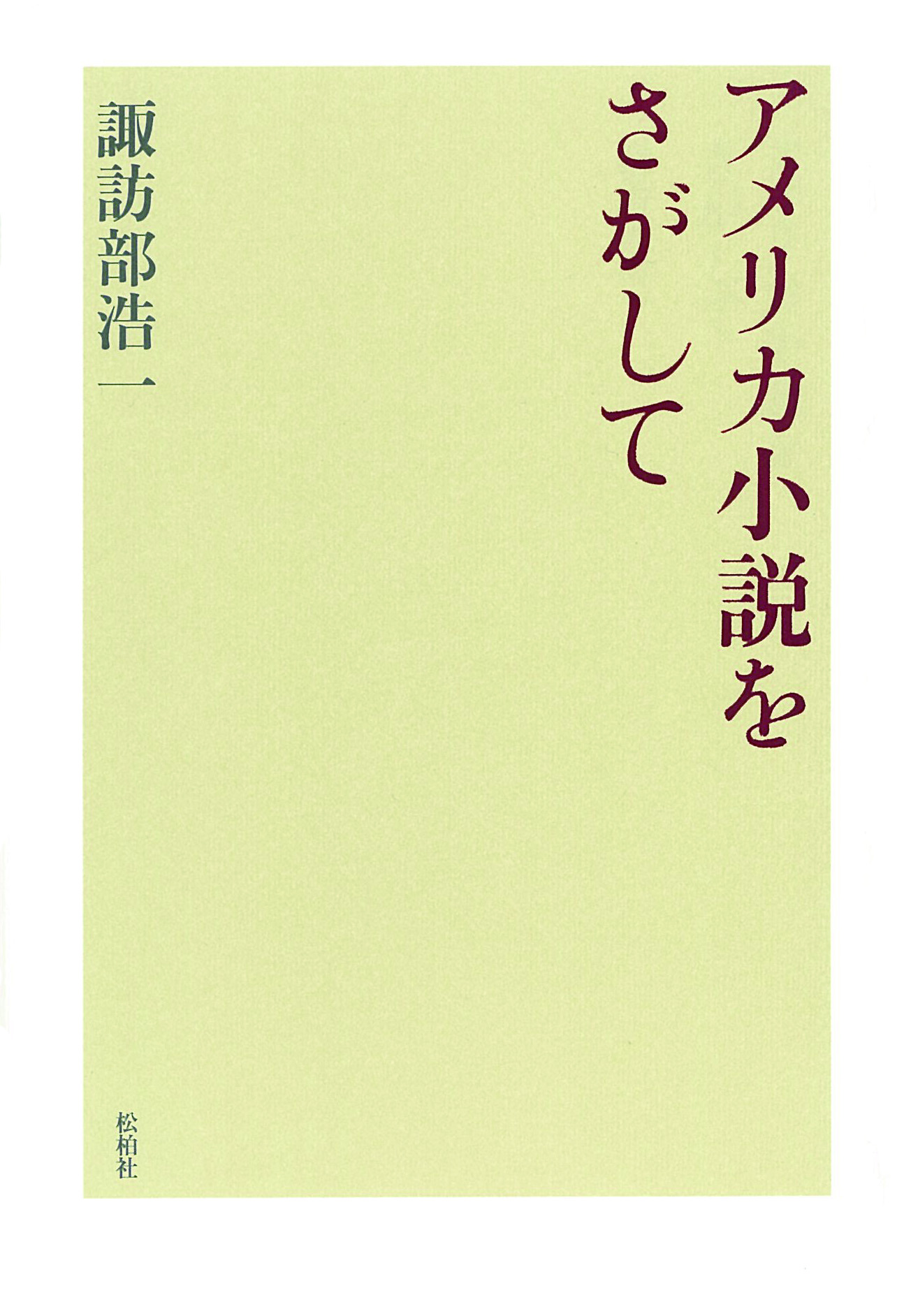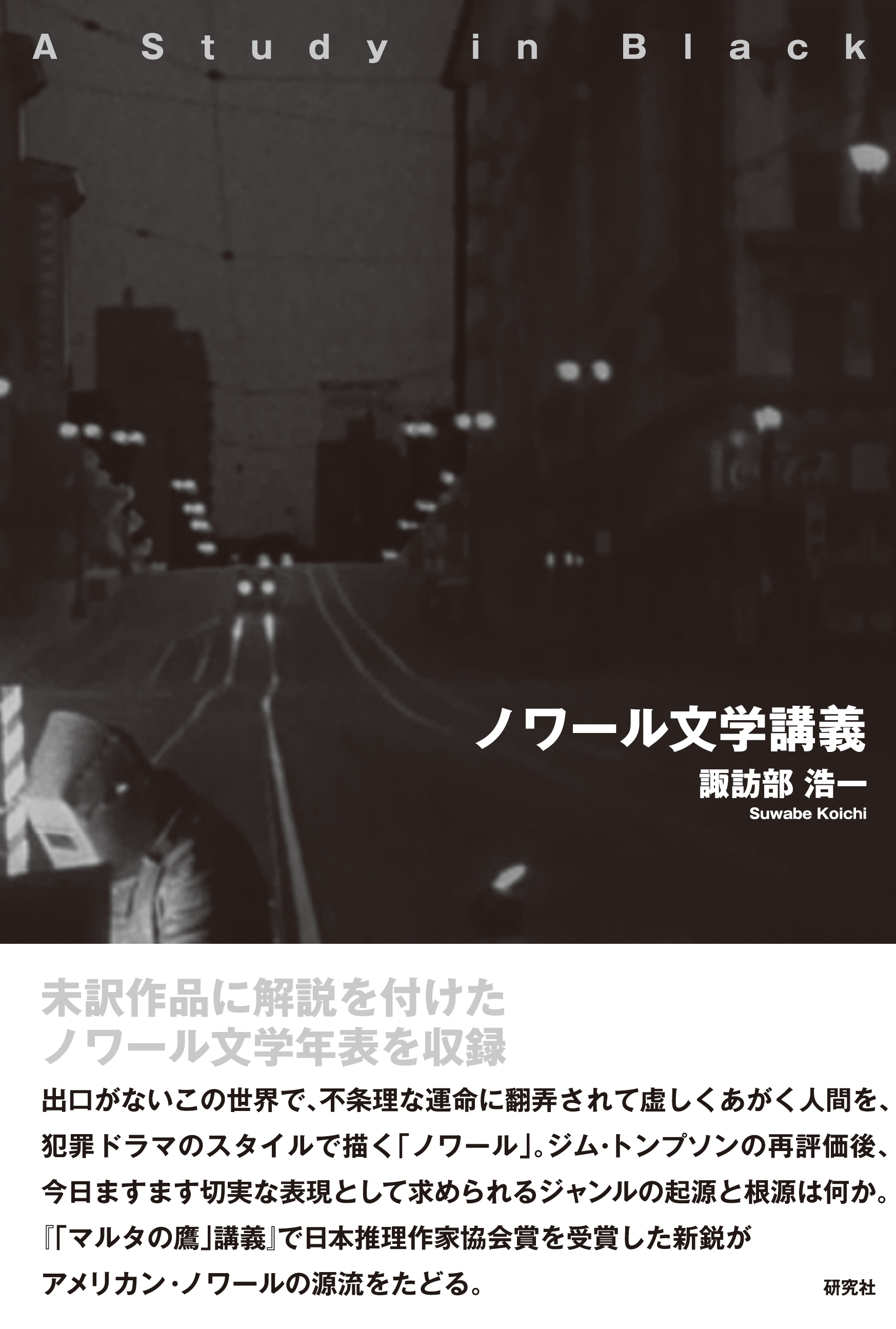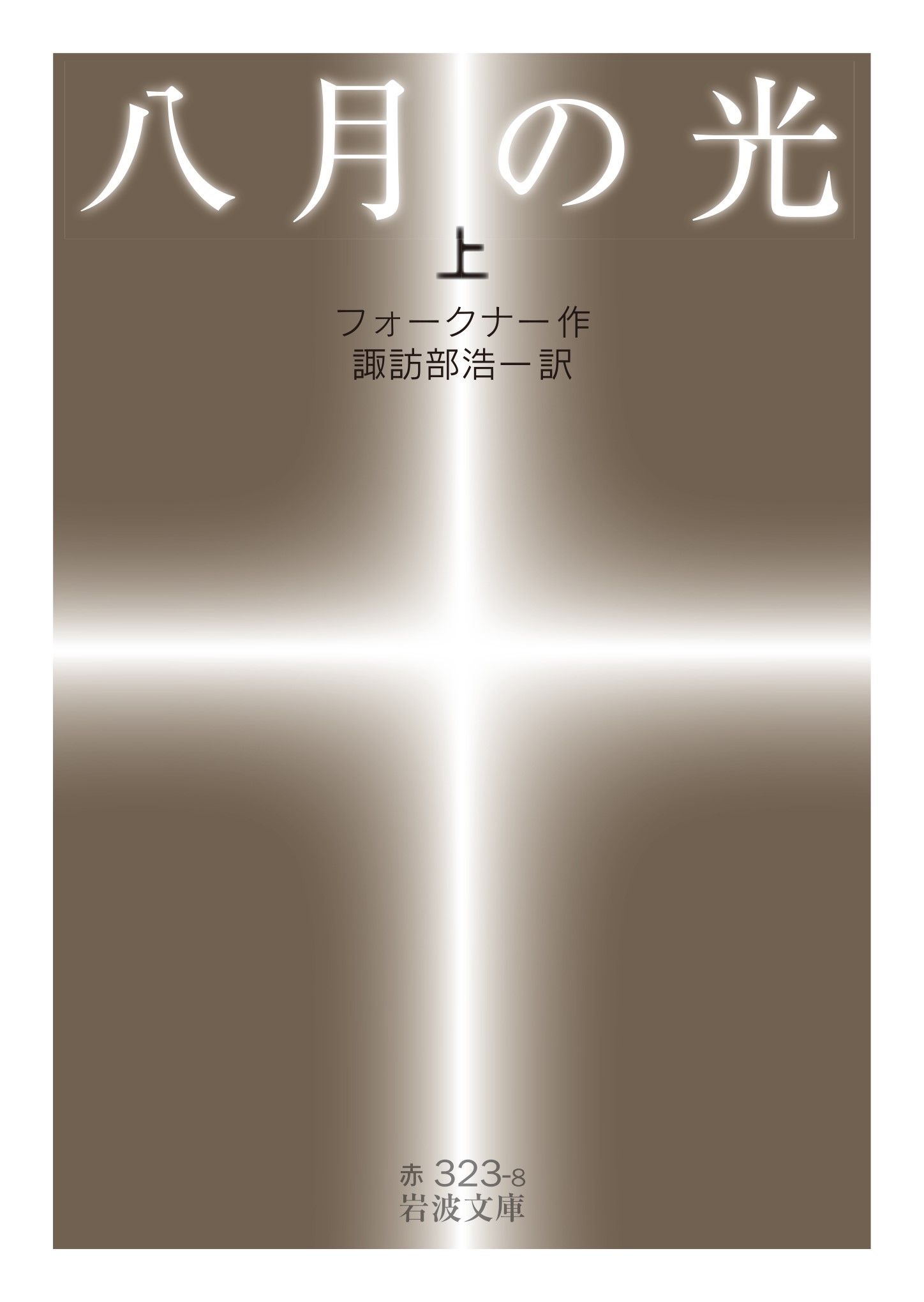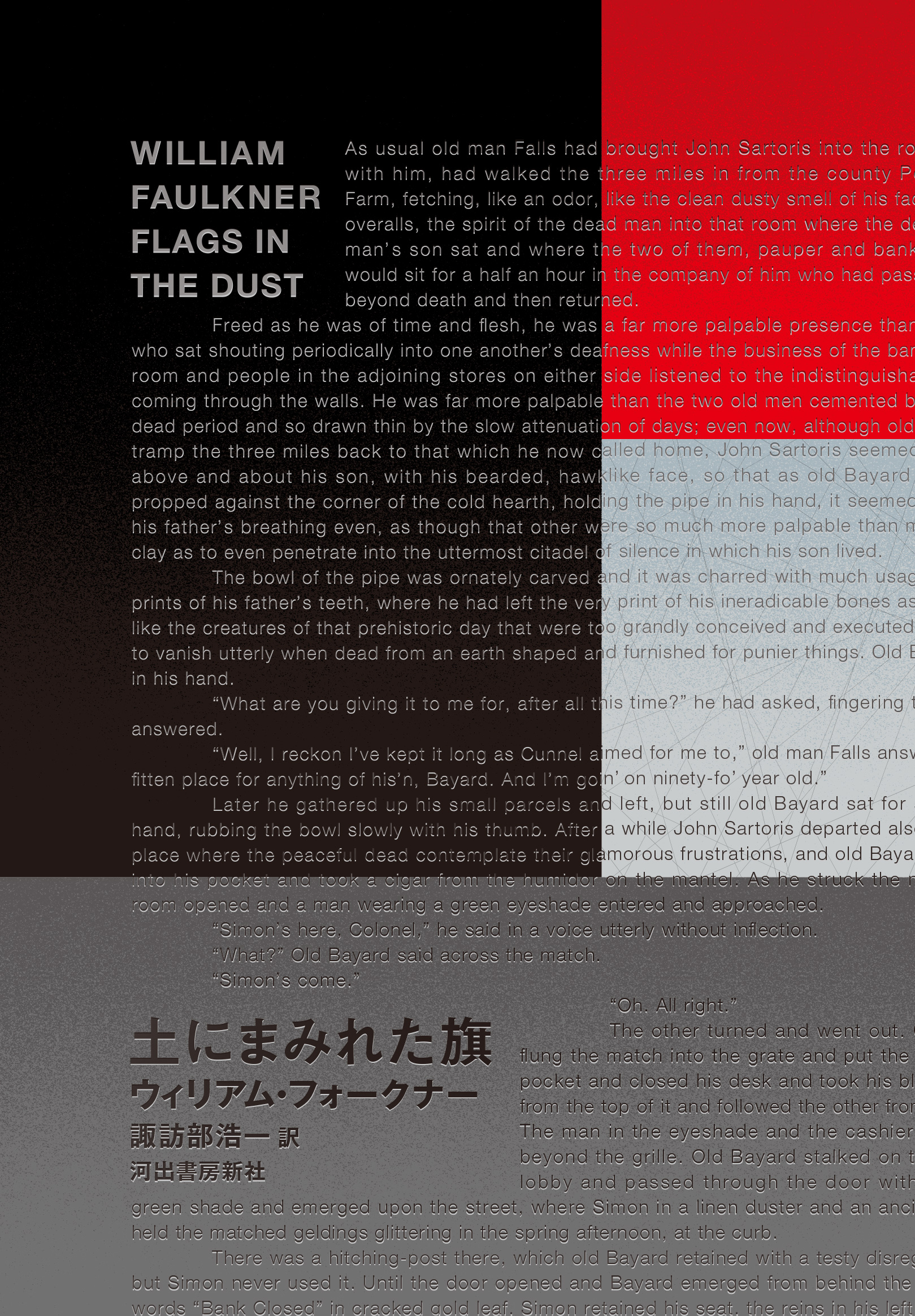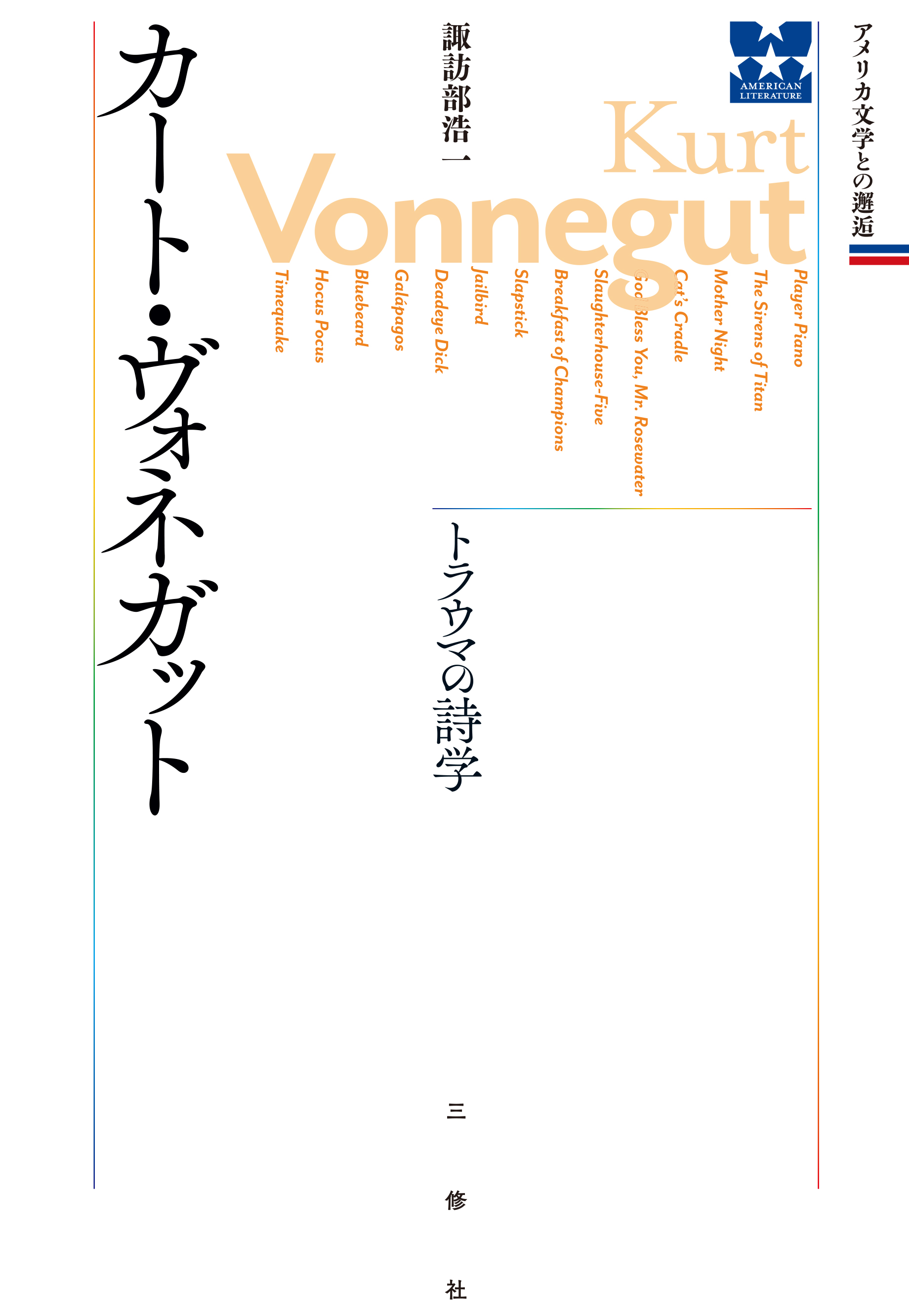
Title
Encounter with American Literature Kurt Vonnegut (A Poetics of Trauma)
Size
378 pages, 127x188mm, hardcover
Language
Japanese
Released
June 25, 2019
ISBN
978-4-384-059410
Published by
SANSHUSHA
Book Info
See Book Availability at Library
Japanese Page
This book is a study of the career of contemporary American novelist Kurt Vonnegut (1922-2007).
Vonnegut is a famous novelist in Japan, as well as in his home country, the United States. All his works have been translated into Japanese, and a couple of “guidebooks” have been published. Nevertheless, this book is the first monograph on Vonnegut written by a single author in Japan. An orthodox approach is used to present a complete image of Vonnegut and his work. For readers interested in an in-depth review of the author, a chronology, keyword collection, and an annotated bibliography are also included.
The book is structured as follows. The introduction provides a brief critical biography of Vonnegut. The chapters that follow deal with his novels published in each decade, in the order of their published dates (14 novels in total). Chapter 1 deals with the 1950s, Chapter 2 with the 1960s, Chapter 3 with the 1970s, Chapter 4 with the 1980s, and Chapter 5 with the 1990s. Although the discussion on each novel can be read independently, this book’s most important contribution is its reflections on the changes in Vonnegut’s work during his long career.
Vonnegut’s career started in the 1950s as a science-fiction novelist. In the 1960s, he published numerous great works in succession, including his classic novel Slaughterhouse-Five, which describes his experiences from World War II. Perhaps in response to his successes, his work in the 1970s tended towards erratic metafiction, a period of wandering and exploration for Vonnegut. He returned to a more mature and realistic fiction in the 1980s and ended his career in splendor in the 1990s.
This book postulates that to understand these literary changes during Vonnegut’s career, his “battle with trauma” needs to be contemplated. In his novels, especially in the later works, the characters suffer from feelings of guilt, perhaps excessively. This book suggests that Vonnegut’s exceptional wartime experiences as a survivor of the indiscriminate Allied bombing of Dresden, Germany, had a profound impact on the novels.
How Vonnegut confronted these horrific war experiences in his early works is why he became a famous writer. Nevertheless, he suffered from survivor’s guilt, the result of having lived through a world war while so many died around him. Thoughts on how Vonnegut struggled with his suffering, even in his later works, will give readers of this book a thorough understanding and complete picture of the intricate author, Kurt Vonnegut.
(Written by SUWABE Koichi, Associate Professor, Graduate School of Humanities and Sociology / 2020)



 Find a book
Find a book


